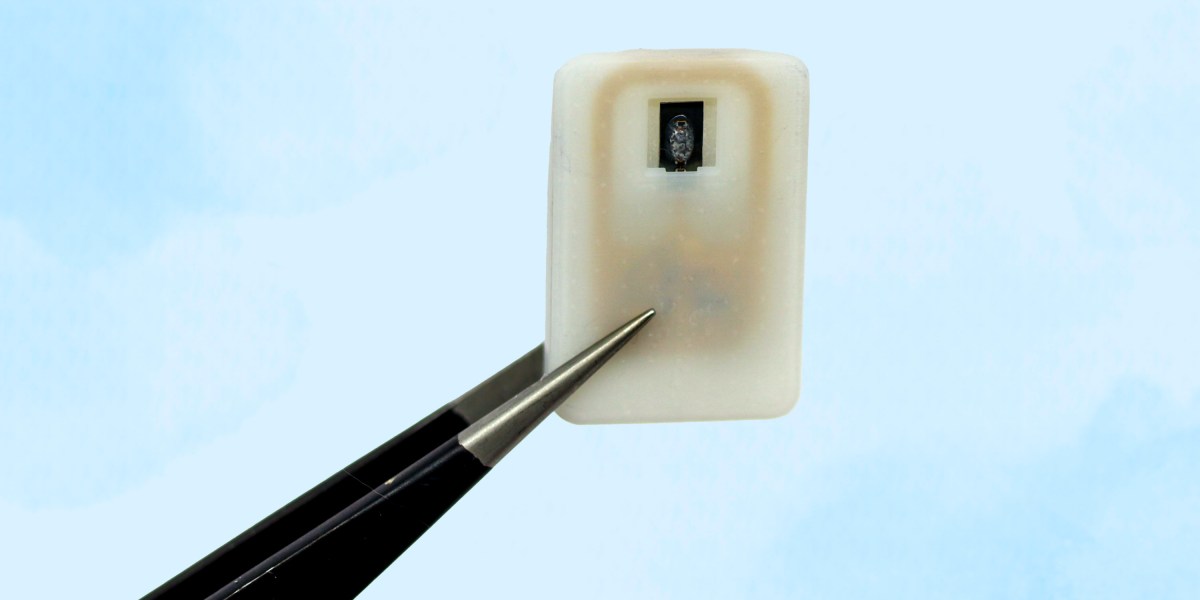Blog
Emergency help for low blood sugar

Understanding Low Blood Sugar: A Comprehensive Guide
Low blood sugar, or hypoglycemia, is a condition where your blood glucose levels drop below the normal range. This can lead to several symptoms and potentially serious complications if not addressed promptly. Whether you’re managing diabetes or experience occasional dips in blood sugar, knowing how to recognize and treat low blood sugar is vital for your health.
What Causes Low Blood Sugar?
Many factors can contribute to low blood sugar levels, including:
- Medications: For those with diabetes, certain insulin or sulfonylurea medications can cause blood sugar to drop too low.
- Diet: Skipping meals or consuming insufficient carbohydrates can lead to hypoglycemia.
- Excessive Exercise: Engaging in intense physical activity without adequate nutrition may result in decreased blood sugar levels.
- Alcohol Consumption: Drinking alcohol, especially on an empty stomach, can disrupt your blood sugar regulation.
- Medical Conditions: Certain illnesses and hormonal disorders can also influence blood sugar levels.
Recognizing the Symptoms of Low Blood Sugar
Identifying the signs of low blood sugar is crucial for timely intervention. Symptoms can vary in severity and may include:
-
Mild Symptoms
- Hunger
- Sweating
- Trembling or shaking
- Anxiety or nervousness
-
Moderate Symptoms
- Dizziness or lightheadedness
- Irritability or mood changes
- Difficulty concentrating
- Fatigue
- Severe Symptoms
- Confusion or disorientation
- Blurred vision
- Loss of consciousness
- Seizures
If you experience severe symptoms, it’s important to seek emergency help.
How to Treat Low Blood Sugar Quickly
Correcting low blood sugar should be done promptly to prevent complications. Here’s a step-by-step guide on how to manage a hypoglycemic episode:
1. Recognize the Symptoms
If you begin to feel any symptoms that indicate low blood sugar, take immediate action to monitor and treat it.
2. Check Blood Sugar Levels
If you have access to a glucose meter, check your blood sugar levels. A reading below 70 mg/dL typically indicates hypoglycemia.
3. Consume Fast-Acting Carbohydrates
To swiftly raise your blood sugar, consume approximately 15 grams of fast-acting carbohydrates. Options include:
- Glucose tablets (follow package instructions)
- 1/2 cup of fruit juice or regular soda
- 1 tablespoon of honey or sugar
- 5-6 hard candies
After consuming, wait for 15 minutes, then check your blood sugar again.
4. Reassess Blood Sugar Levels
After 15 minutes, check your blood sugar again. If it remains low, repeat the consumption of fast-acting carbohydrates.
5. Stabilize Your Blood Sugar
Once your blood sugar levels return to a safe range, consume a snack containing complex carbohydrates and protein. Examples may include whole-grain crackers with cheese or a peanut butter sandwich.
Prevention Strategies
While knowing how to treat low blood sugar is essential, prevention is equally important. Here are several strategies to maintain stable blood glucose levels:
1. Regular Monitoring
For those with diabetes, frequent monitoring of blood sugar levels helps you stay informed and make necessary adjustments.
2. Eat Balanced Meals
Ensure your meals include a balance of carbohydrates, proteins, and fats. This helps regulate blood sugar levels throughout the day.
3. Carry Snack Options
Always have portable snacks or glucose tablets handy, especially during prolonged activities or outings.
4. Educate Others
Make sure your family, friends, and co-workers understand your condition and know what to do in case of an emergency.
5. Hydration
Stay well-hydrated, as dehydration can impact blood sugar levels. Drink plenty of water throughout the day.
Potential Complications of Low Blood Sugar
Chronic low blood sugar can lead to serious health problems. Understanding these complications can emphasize the importance of managing your blood glucose levels effectively:
- Loss of Consciousness: Severe hypoglycemia may lead to unconsciousness, which can necessitate emergency medical intervention.
- Seizures: Extremely low blood sugar levels can trigger seizures, posing a risk to your health.
- Cognitive Impairment: Repeated episodes of low blood sugar can impact your memory or cognitive function over time.
- Increased Risk of Falls: Dizziness and confusion from low blood sugar can increase the likelihood of falls, leading to injuries.
When to Seek Medical Help
It’s essential to understand when low blood sugar requires professional medical assistance. You should seek emergency help in the following scenarios:
- If symptoms do not improve after consuming fast-acting carbohydrates.
- If you become disoriented or cannot follow instructions.
- If seizures occur or you lose consciousness.
Conclusion
Managing low blood sugar is a crucial aspect of maintaining overall health, particularly for those with diabetes. By recognizing the symptoms, knowing how to treat hypoglycemia, and taking preventive measures, you can significantly reduce the risk of complications and live a healthier life. Remember, if you or someone else experiences severe symptoms, don’t hesitate to seek emergency medical assistance. Awareness and education are key to managing low blood sugar effectively.
